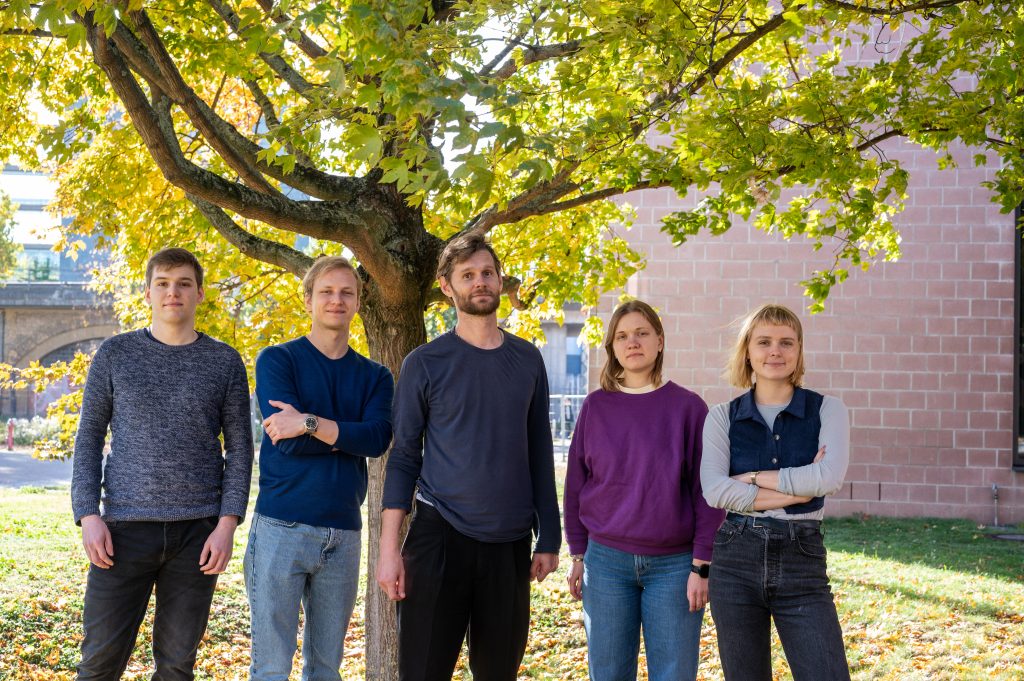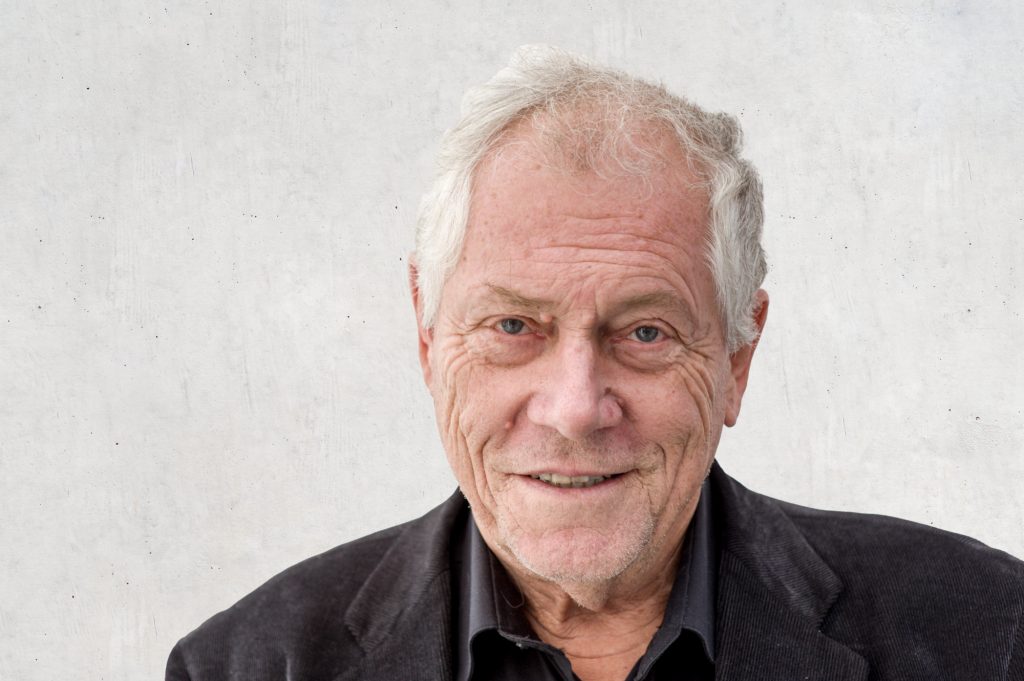- Programme Area 3
Chronic Inflammation

- Chronic Arthritis
- Microbiota
- Tissue regeneration
Significance of immune system, cytokines and microbiota interplay for the development of chronic inflammation
There is a clear indication that rheumatic diseases, such as rheumatoid arthritis, ankylosing spondylitis and Crohn’s disease, can be influenced by commensal microorganisms, but mechanistic aspects of microbiota contribution to the disease development, pathogenesis, and chronicity remain to be determined. We postulate that microbiota changes might modulate cytokines production and activation of the immune system in the development of chronic rheumatic diseases.

